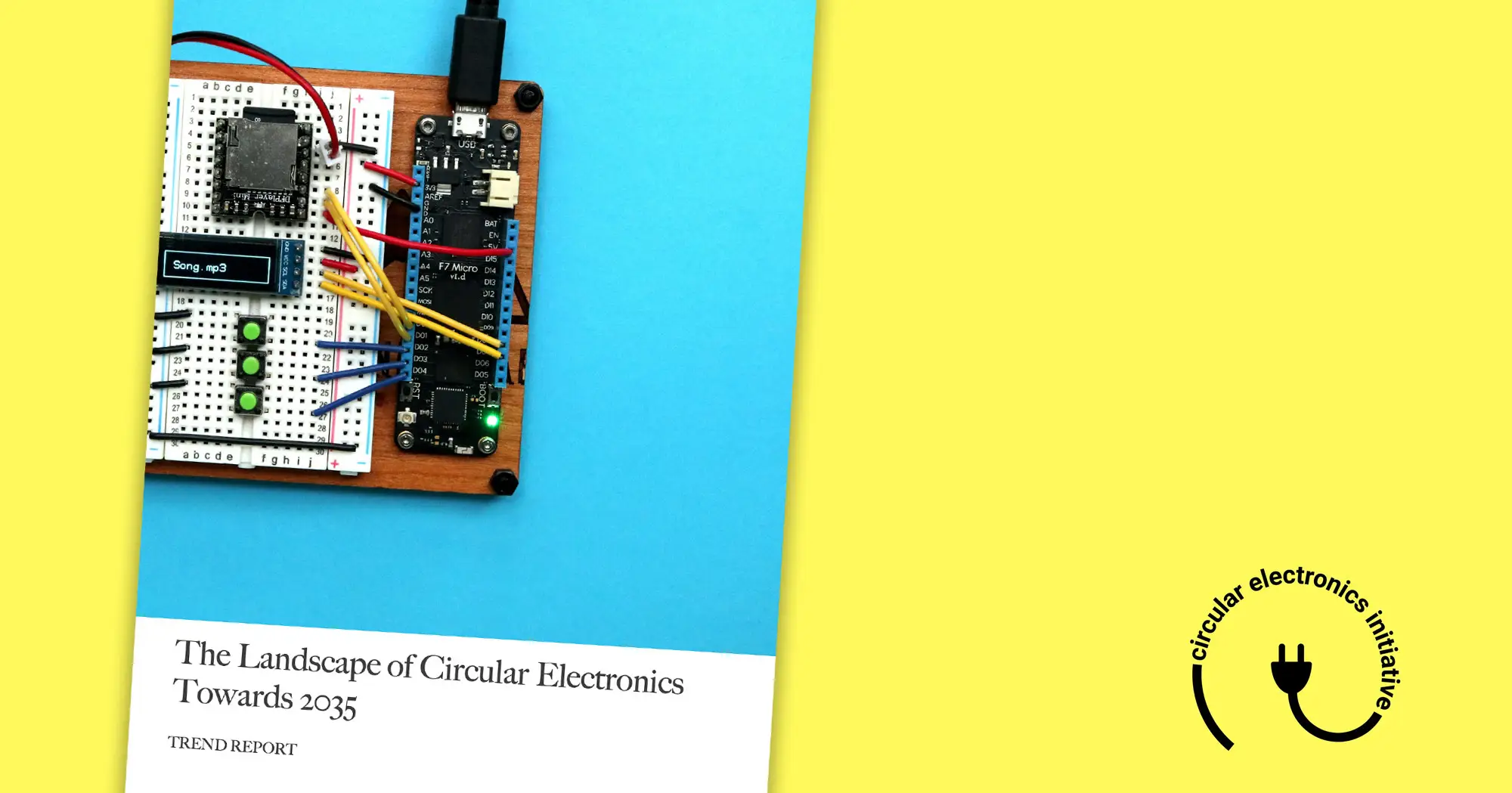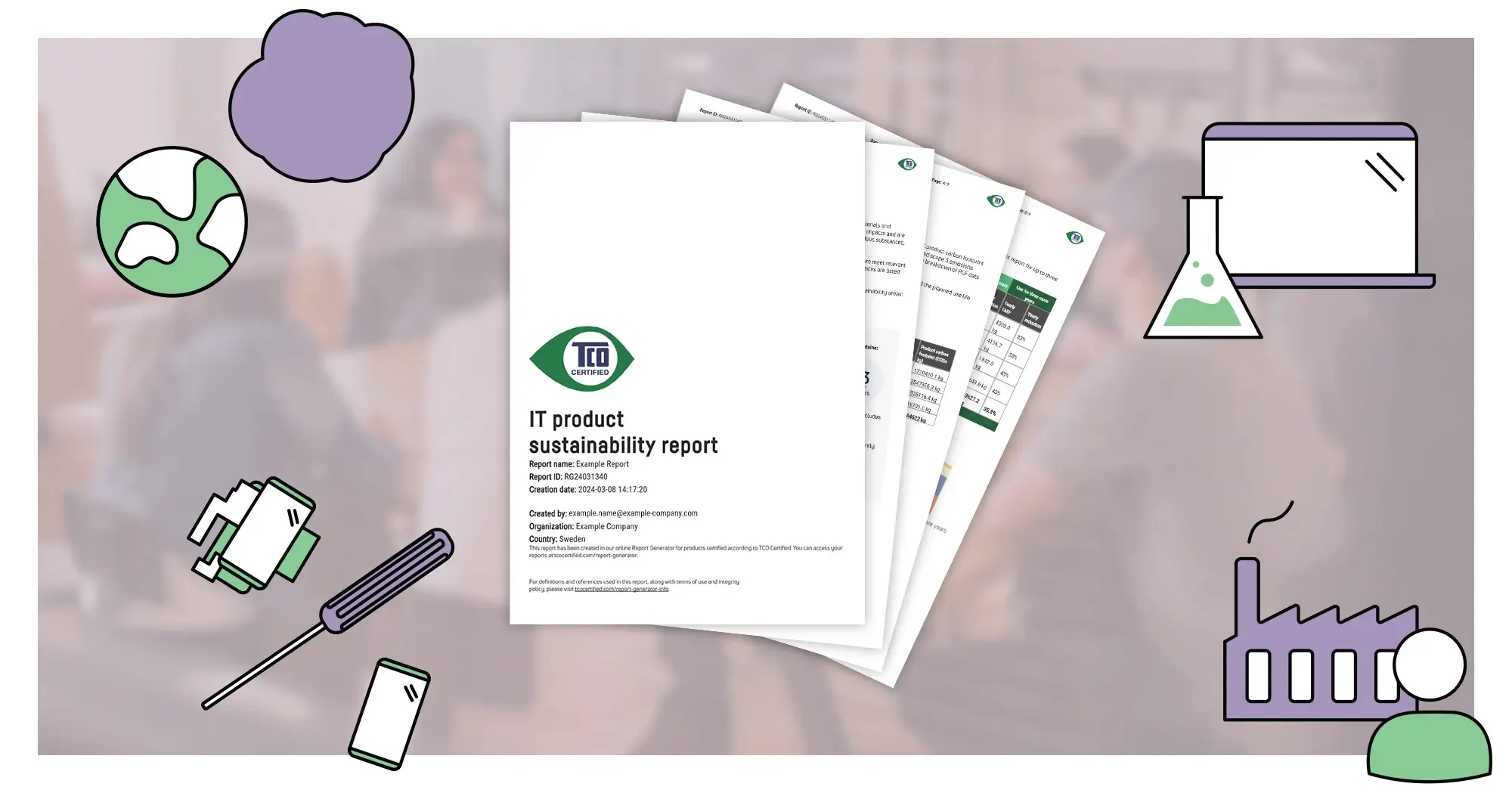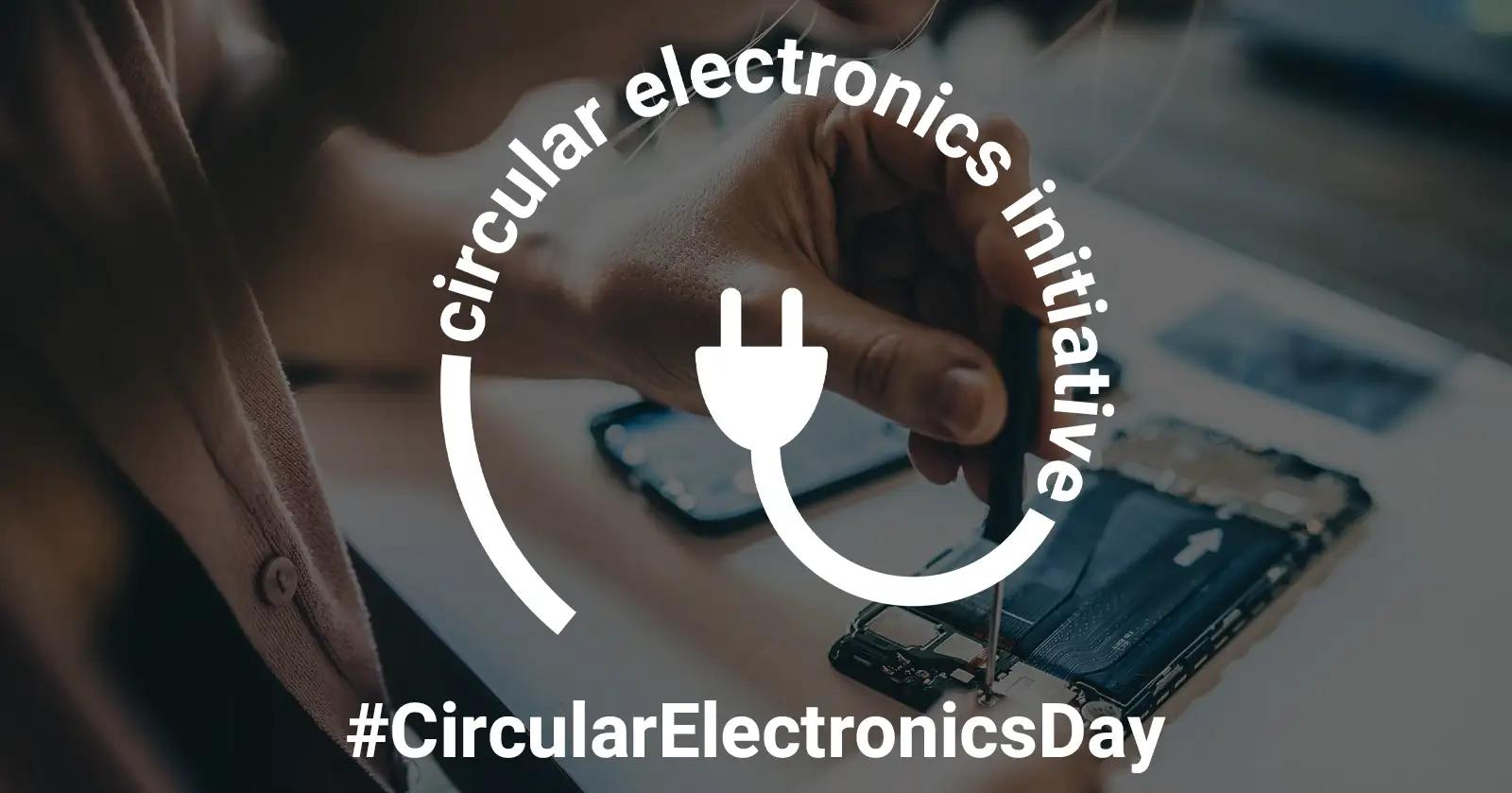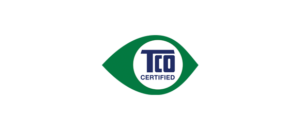This is an old press release and the information may be outdated
TCO Development has issued new draft criteria for the IT product sustainability certification TCO Certified. One of the major changes in the new generation criteria set is a new approach to reducing hazardous substance content in computers, displays and other electronic devices.
Moving away from focusing on banned substances alone, the draft proposes the addition of a list of accepted substances that are declared as less hazardous alternatives.
GreenScreen© and “TCO Certified Accepted substances list” help industry choose less hazardous substances
The draft recommends the phase out of the most hazardous, non-halogenated flame retardants. By using the GreenScreen for Safer Chemicals benchmarking tool, developed by Clean Production Action, industry will more easily be able to identify substances that can replace those that have been proven most hazardous to the environment and human health.
Emma Nolte, Environmental Specialist at TCO Development, comments: “We’re striving for greater transparency in the IT-industry and with our “TCO Certified Accepted substances list” we hope to increase knowledge and reduce data gaps about the substances in TCO Certified IT products. This first step with non-halogenated flame retardants will help us analyze the effect of these substances and help industry take further steps toward toxic-free products”
Phthalates, commonly used as plasticizers in cables, is another group of substances that has shown to be a hormone disruptor and to have negative reproductive effects. The new draft TCO Certified also proposes to ban four phthalates that exhibit these hazardous qualities.
The Draft in brief
- Phase out the most hazardous non-halogenated flame retardants and replace them with less hazardous alternatives. This is done with the help of GreenScreen for Safer Chemicals. Approved chemicals will be included on a TCO Certified Accepted Substances List.
- Ban four hazardous phthalates that are commonly used as plasticizers. These are confirmed hazardous to reproduction and hormone function.
- Encourage sustainable manufacturing and reduce e-waste – manufacturers applying to certify their products will need to declare the amount of recycled content in their products. Recycled plastic uses around 80 percent less energy in manufacturing compared with virgin materials. Manufacturers will also need to declare the product’s energy efficiency in the use phase, as well as the total product weight, which can be an indicator of how much material will require handling at the end of life.
- Socially Responsible Manufacturing – factory working conditions where IT products are made is a pressing issue. In the new draft, TCO Development calls for more oversight of how brands are implementing the Code of Conduct that is included in TCO Certified. Closer monitoring of steady improvements can effectively contribute to greater social responsibility in the supply chain.
Criteria Development process – New Generation TCO Certified
Criteria in TCO Certified take a life cycle approach, from manufacturing, use and end of life handling of IT products.
Reviewing and developing criteria in TCO Certified is an ongoing process. Every three years the process is formalized and a new generation TCO Certified published. Existing criteria are evaluated and updated, and new criteria are proposed. The purpose is to constantly drive a more sustainable development in IT product manufacture, use and end of life handling. A central aspect of the criteria development process is the ongoing dialog with multiple stakeholders, including subject matter experts, NGOs, users and industry.
The next generation TCO Certified is target for publication in November 2015. The proposed criteria would influence at least 2000 models of IT-products worldwide. Today TCO Development has issued 751 valid certificates, representing 27 IT-brands.
Toward sustainable IT products
The organization behind the sustainability certification TCO Certified is TCO Development. Our vision is that all IT products should have an environmentally and socially sustainable life cycle. Science-based criteria and independent verification of compliance help us track and accelerate progress over time.
Contact
Dennis Svärd, Global PR Manager
dennis.svard@tcodevelopment.com
Mobile: +46 (0) 704 804 094



